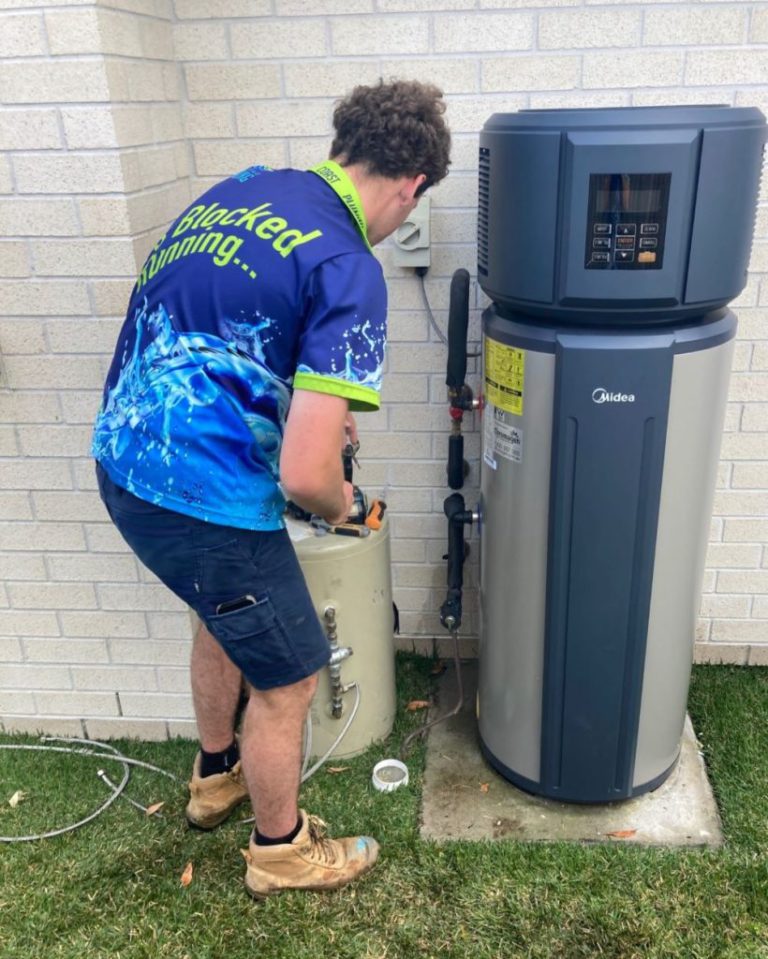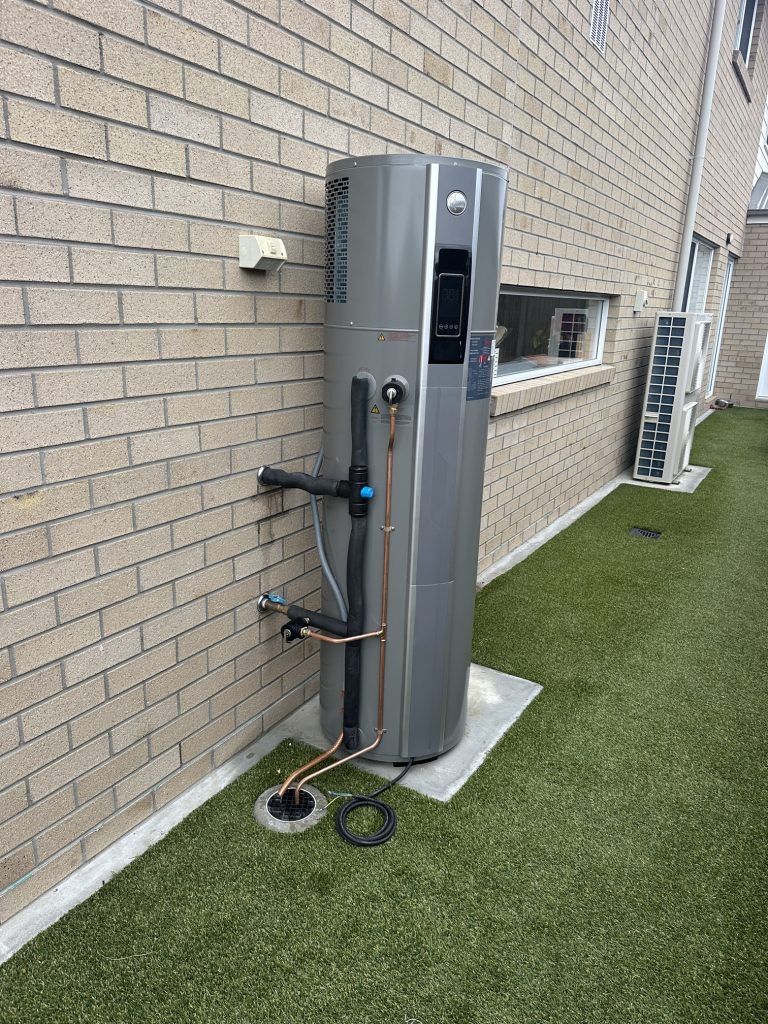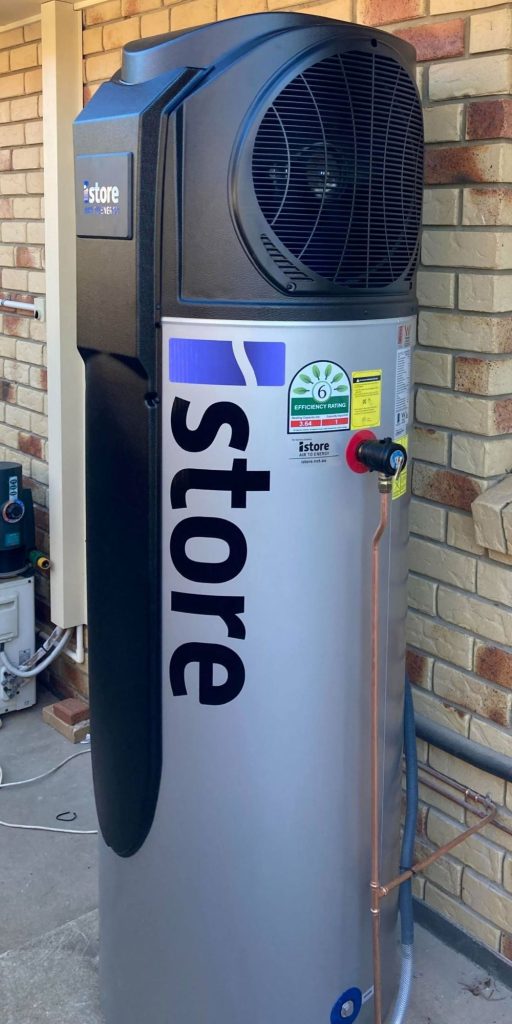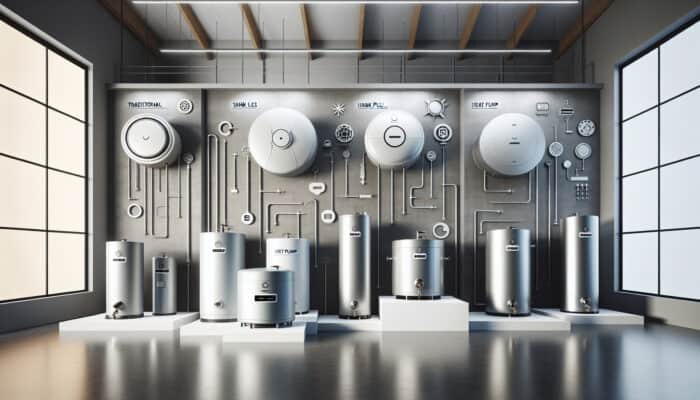Overcoming the Unique Challenges of Selecting Hot Water Systems in Queensland’s Climate
When it comes to selecting the ideal hot water system for your home in Queensland, the decision involves far more than just choosing a brand or considering the water capacity. It necessitates a thorough comprehension of how various elements, such as the local climate, humidity levels, electricity costs, and the daily water requirements of your household, impact the system’s overall performance and reliability. With the increasing prices of energy, a significant number of homeowners are now leaning towards heat pumps because of their energy-saving capabilities and environmentally friendly nature. However, it’s important to note that these systems may not be the best fit for every property type. Careful evaluation of all relevant factors prior to making a purchase is essential to ensure that you select a solution that maximises efficiency and longevity.
This article delves into the operational mechanics of heat pumps within the diverse climatic conditions of Queensland, identifies which types of homes are most likely to benefit from these innovative systems, and addresses prevalent misconceptions that may lead to subpar performance or incorrect selections of hot water systems.
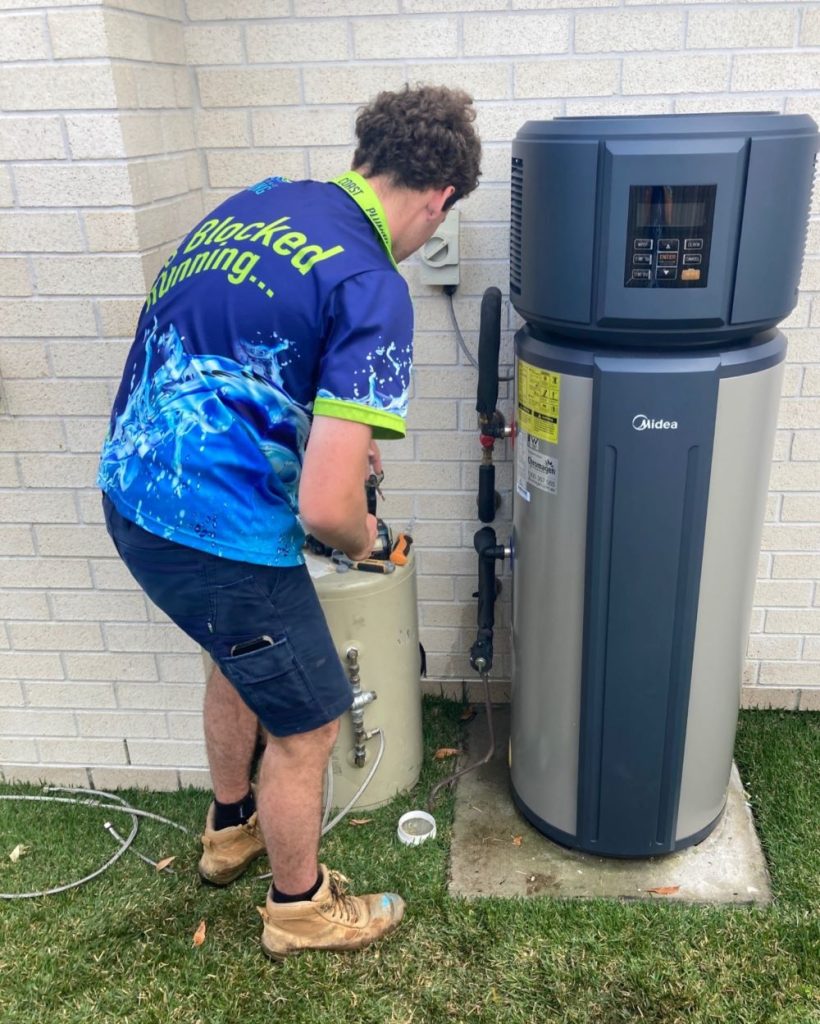
Enhancing Heat Pump Efficiency in Coastal Queensland Settings
Heat pump water heaters function by extracting thermal energy from the surrounding air, with their efficiency significantly increasing as ambient temperatures rise. In the coastal regions of Queensland, particularly in sought-after areas such as the Sunshine Coast, Brisbane, and the Fraser Coast, average air temperatures typically remain above 5°C even during the winter months. This consistent warmth enables heat pumps to operate effectively throughout the year without the need for electric boosting or supplementary heating elements, often necessary in cooler climates. By harnessing this readily available energy, homeowners can benefit from reduced energy bills and a lower carbon footprint.
Critical Environmental Factors That Enhance Heat Pump Performance
| Factor | Impact on Heat Pump Functionality | Coastal QLD Efficiency |
|---|---|---|
| Average ambient temperature | Higher temperatures = more efficient operation | ✓ Consistently maintained above 5°C |
| Humidity levels | Moderate improvements in efficiency | ✓ Generally high and stable |
| Access to off-peak electricity | Lower operational costs for users | ✓ Widely available in most areas |
| Roof shading | Not a significant factor affecting performance | ✓ No detrimental impact on the system’s effectiveness |
| Direct sunlight exposure | Not a necessity for optimal functioning | ✓ Functions well even in shaded conditions |
Identifying Scenarios Where Heat Pumps May Underperform
While heat pumps offer numerous advantages, there are specific circumstances in Queensland where their performance might not meet expectations:
- Inland or elevated regions
In locations like Toowoomba or the Hinterland, nighttime temperatures can drop significantly during winter. In these cases, some heat pump models may find it challenging to maintain optimal efficiency without the assistance of a booster element, resulting in higher energy consumption and associated costs. - Restricted or poorly ventilated outdoor areas
Heat pumps require adequate airflow around their compressor units to operate at peak efficiency. In confined or enclosed environments, the efficiency of heat extraction might diminish, and operational noise could increase, which may lead to disturbances for nearby residents. - Large households with high hot water demands
In homes with more than six occupants, systems designed for enhanced water storage or quicker recovery times, such as solar-boosted gas systems, may be more beneficial in efficiently meeting substantial hot water requirements.
Debunking Common Myths About Heat Pumps in Queensland
“They become ineffective during winter.”
This misconception may hold true for colder southern regions; however, it does not apply to Queensland. In areas where average temperatures consistently stay above 5°C, heat pumps retain their efficiency throughout the winter months, delivering dependable hot water solutions even during cooler periods.
“Solar panels are essential for heat pumps to operate.”
This claim is misleading. Heat pumps can function effectively independent of solar photovoltaic (PV) systems; however, integrating them with solar energy can boost your energy savings and sustainability.
“Heat pumps are excessively noisy and disruptive.”
Modern heat pump systems are designed to operate much more quietly than older models. When installed correctly in well-ventilated spaces, the noise produced by the compressor unit is generally minimal, ensuring a comfortable living environment.
Effective Strategies for Optimising Heat Pump Installation and Performance in Queensland
- Select a system specifically designed for Australian conditions
Opt for models that showcase high-efficiency ratings and dependable local support, such as istore or Stiebel Eltron, which are celebrated for their performance in the Australian climate. - Install in a well-ventilated but shaded location
While heat pumps do not require direct sunlight, they need sufficient airflow around the unit to operate efficiently and effectively. - Utilise timers or smart control systems
Scheduling the system to run during periods of solar energy generation or off-peak electricity hours can significantly increase energy savings and lower costs. - Ensure correct sizing of your system
A capacity of 250–300 litres is typically adequate for the requirements of most families. An undersized system may lead to performance issues and an increased reliance on boosting mechanisms, which can raise energy consumption.
The Crucial Importance of Local Expertise in Successful Heat Pump Installations
Installing a heat pump requires a tailored approach to achieve optimal results. The best outcomes are achieved through collaboration with a local plumber who understands:
- Performance adaptations necessary for local climate conditions, ensuring peak efficiency
- Eligibility for rebates such as Small-scale Technology Certificates (STCs) and various Queensland government incentives aimed at promoting energy efficiency
- Optimal placement and ventilation techniques for the unit to improve performance
- Integration with solar PV systems or battery storage solutions, if relevant, to enhance energy efficiency
At Creek to Coast Plumbing, we specialise in the delivery and installation of high-performance hot water systems, including heat pumps, throughout the Sunshine Coast and Moreton Bay areas. Our dedicated team is committed to helping you identify which type of hot water service will best suit your specific needs. As the demand for energy-efficient hot water solutions continues to rise, many individuals are comparing solar options with heat pumps. We will evaluate the particular conditions of your home, recommend the most suitable system for your situation, and ensure you are equipped for maximum efficiency.
Discover more about our Heat Pump Hot Water Installations or reach out for a personalised recommendation tailored to your unique needs.
The Article: Heat Pumps in Queensland: Effective Solutions and Pitfalls first appeared on https://writebuff.com
The Article Heat Pumps in Queensland: Benefits and Challenges Explained Was Found On https://limitsofstrategy.com
